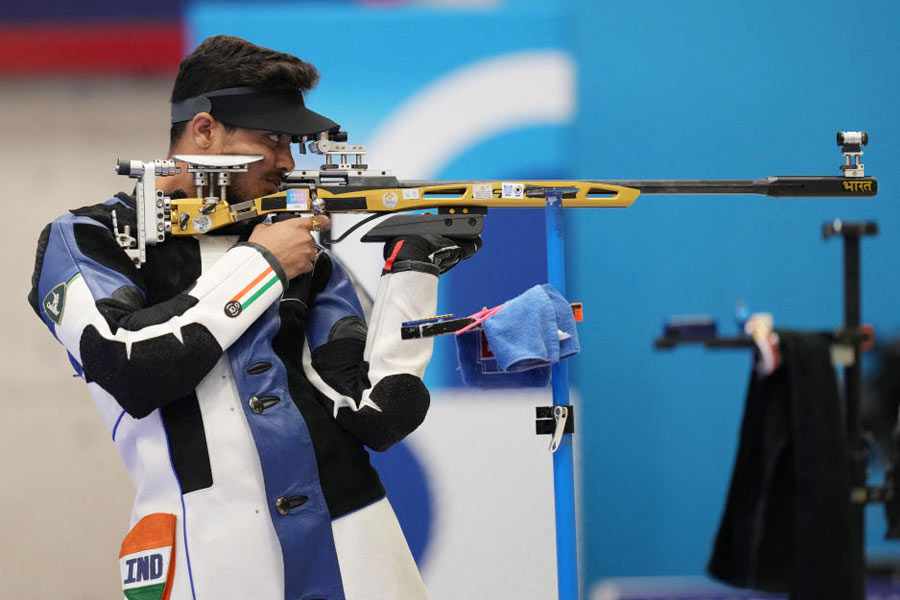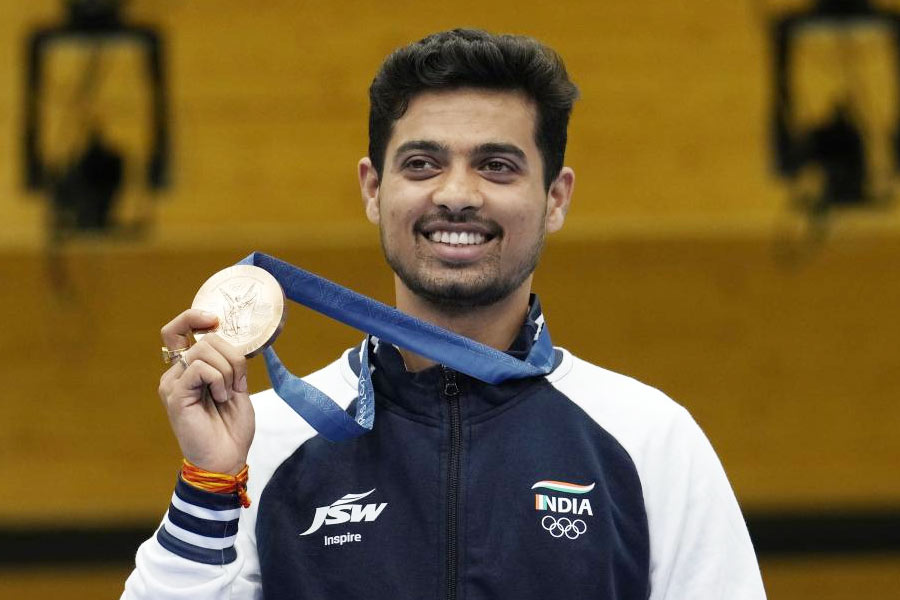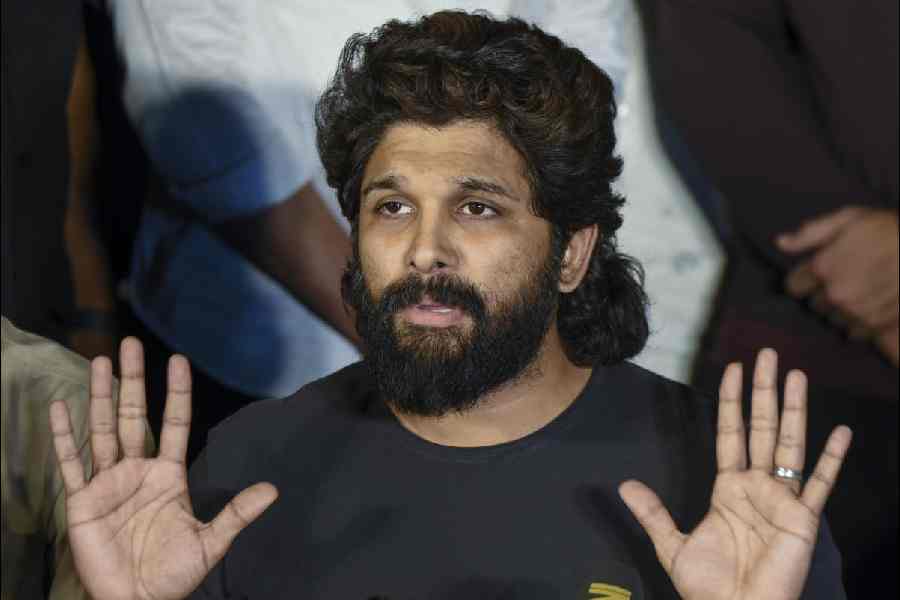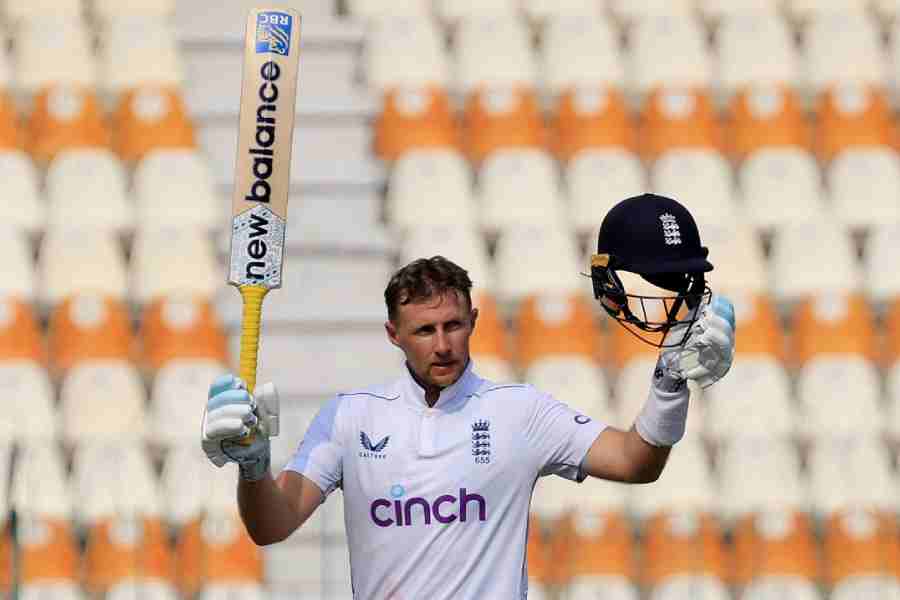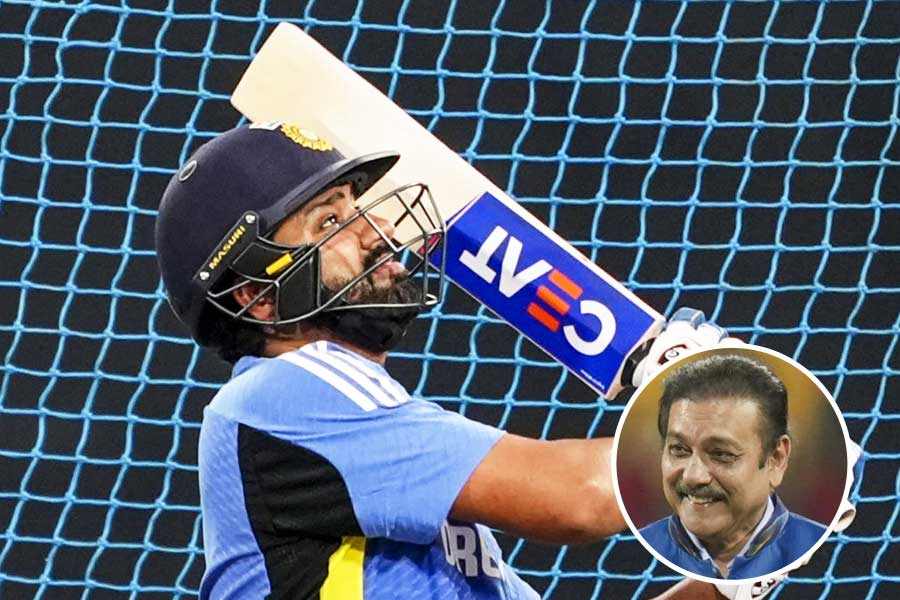India’s new shooting star Swapnil Kusale, the railways employee who gave India its third bronze at the Paris Olympics 2024 on Thursday, was hungry and alert.
"I did not eat anything, was feeling the butterflies [in my stomach],” India’s new shooting star told PTI after winning the medal in the 50m rifle 3 positions event at Chateauroux. “Just had black tea and came here. The night before every match, I just pray to god… Today the heartbeat was on the higher side. I just tried to control my breathing and did not try anything different. Everyone is more or less the same at this level.”
That – skipping a meal – may have been his secret weapon.
For better focus and mental sharpness, human beings have explored and tried many methods, from dietary changes to stress-management techniques. One belief that has gained ground is that not eating, or fasting, can enhance concentration.
This idea isn't entirely new and is contested in science. A simple Google search will throw up results contradicting the idea, but it does have some backers.
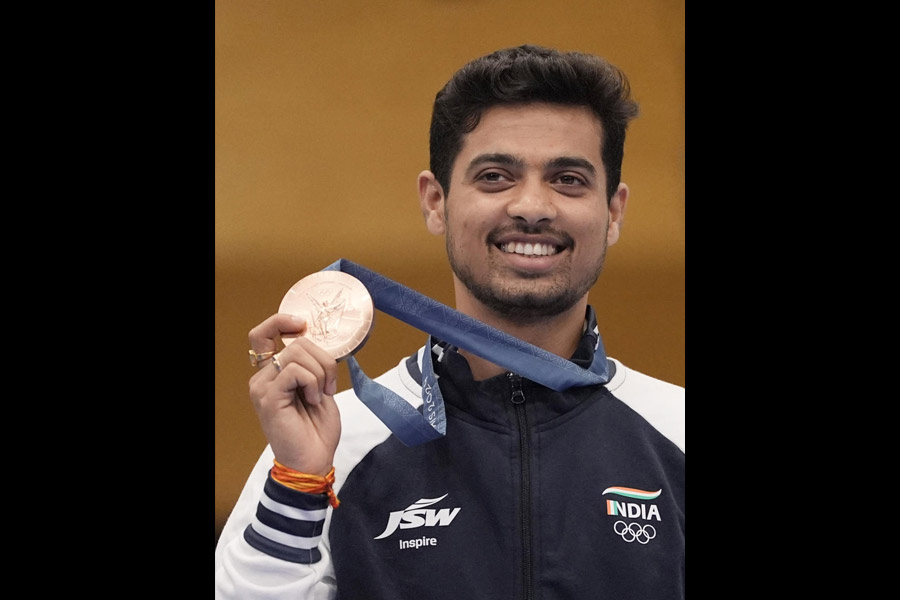
PTI
“Strategic fasting can help to increase focus, as per new studies,” Dr Manjari Chatterjee, a gynaecologist at the Calcutta Medical Research Institute, told The Telegraph Online.
According to research from Yale Medical School, published in The New York Times Magazine in the year 2006, a team led by Tamas Horvath found that the hormone ghrelin, produced when the stomach is empty, binds not only to the part of the brain that registers hunger but also to areas involved in learning and memory.
In experiments with mice, those injected with ghrelin performed better in memory and intelligence tests than their well-fed counterparts. Horvath suggested that this heightened focus when hungry could be an evolutionary trait, helping early humans to be more effective hunters and gatherers.
Fasting and concentration levels
Fasting might have benefits for concentration, some doctors say.
“When the body is in a fasted state and glucose is scarce, the brain switches to using ketones as an energy source. Ketones can be a more efficient fuel for the brain, potentially leading to improved focus and mental clarity. This switch to ketones and the associated boost in energy production could explain why some people report enhanced concentration during fasting,” a Calcutta-based doctor, who did not wish to be identified for this article, told The Telegraph Online.
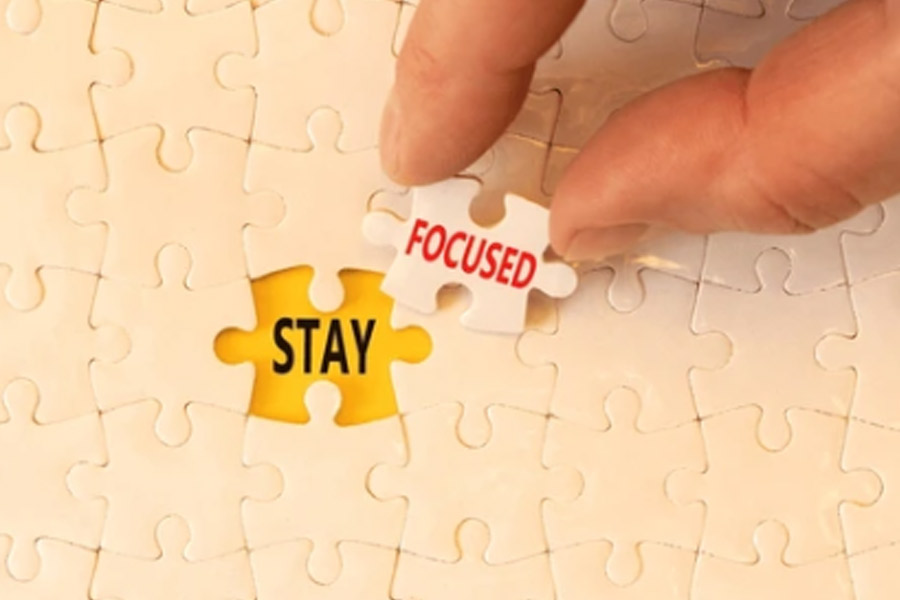
Shutterstock
On the other hand, there's also evidence that the brain needs a good and continuous supply of glucose to function optimally. Glucose, derived from the food we eat, is essential for cognitive processes. After a meal, glucose levels peak, and the brain operates with greater precision. When blood glucose levels drop, as they do when we are fasting, cognitive functions can suffer, especially if the body isn't accustomed to fasting.
“Not eating for long hours is not related to any sort of concentration,” Dr. Vaishak Jawahar, senior radiation oncologist at ILBS, New Delhi, told The Telegraph Online .
But he also added: “For a new athlete energy is, however, required; so eating right before the game time might not prove to be helpful.”
Whether fasting was his secret weapon or not, for now all of India is feeding on the euphoria of seeing a new star being born.
Swapnil Kusale’s life story – the 29-year-old is from Kambalwadi village near Kolhapur in Maharashtra, has been working with Central Railways for nine years and closely follows cricket legend M.S. Dhoni – is food for jubilation.
Kusale shot an aggregate of 451.4 in the eight-shooter final to finish third after being placed sixth at one stage. It took India’s overall medal tally in the Paris Olympics 2024 to three, all bronzes in shooting.
Kusale’s medal came following the stunning performance of Manu Bhaker, who clinched the women's 10m air pistol and mixed team 10m air pistol bronze alongside Sarabjot Singh.

